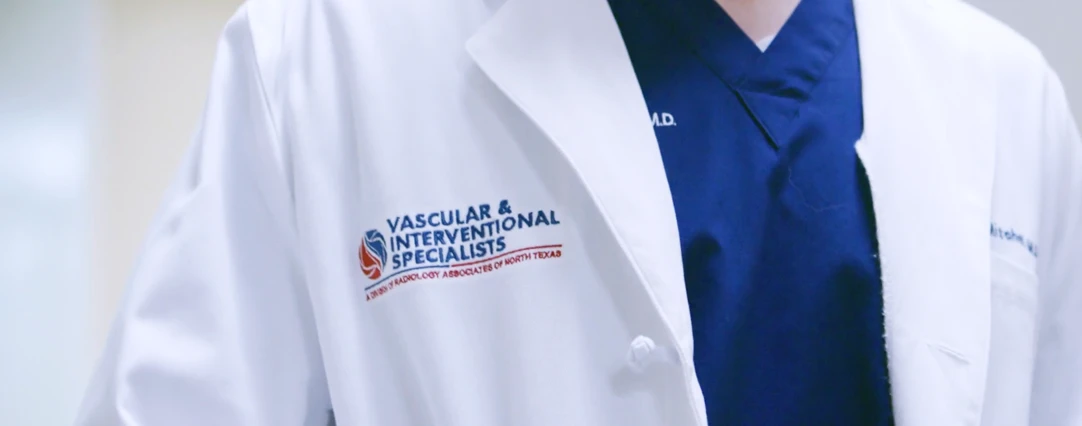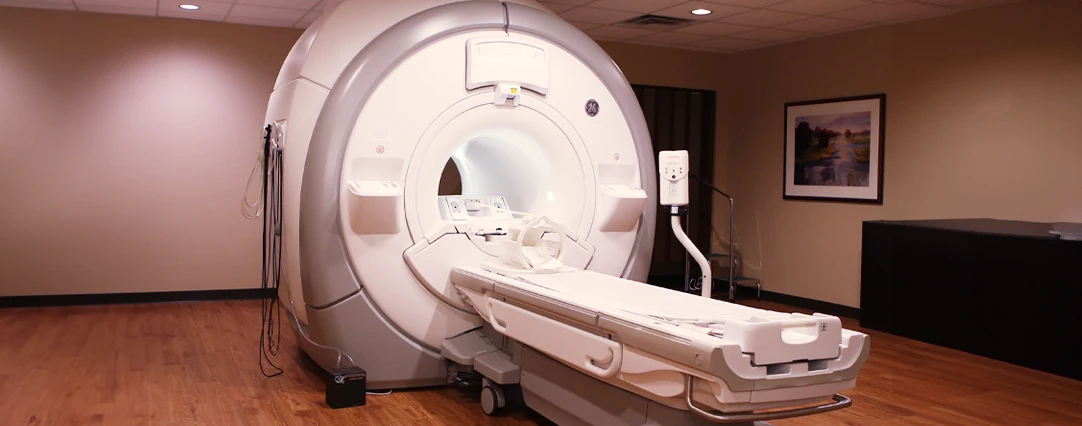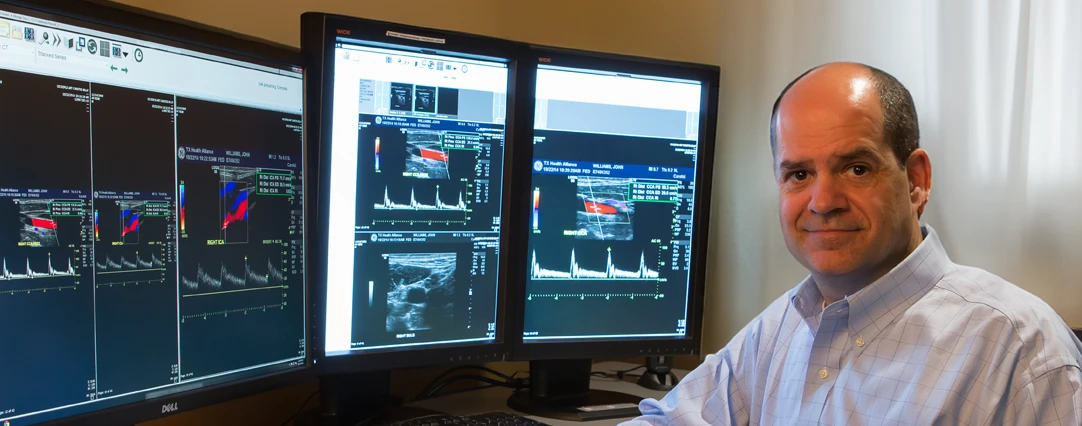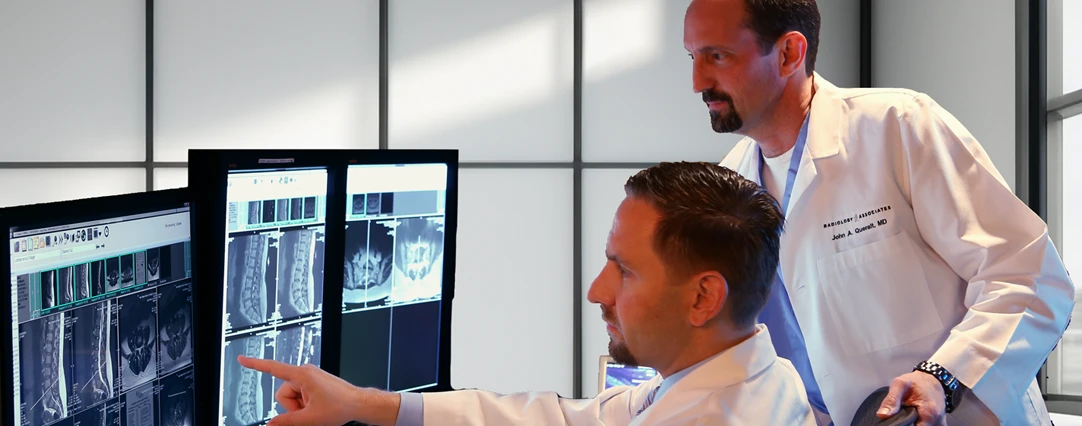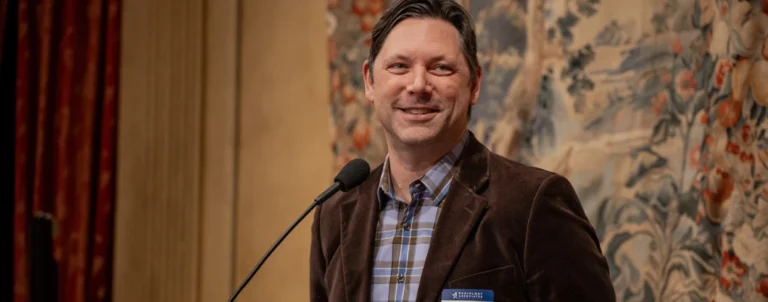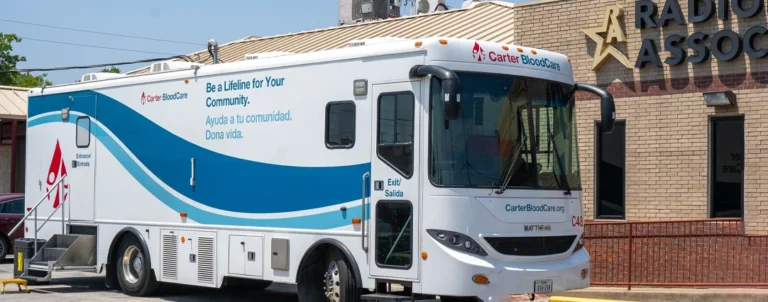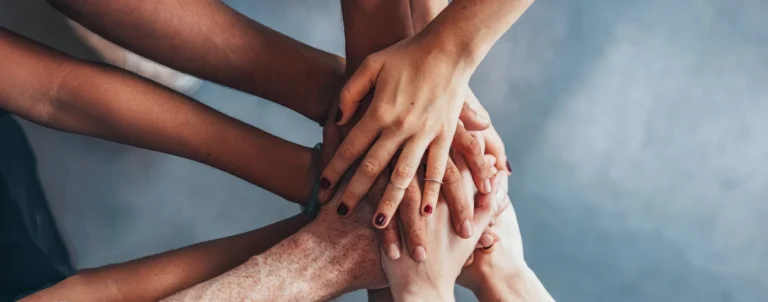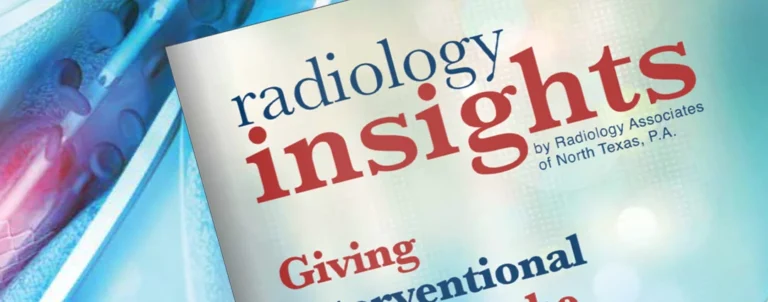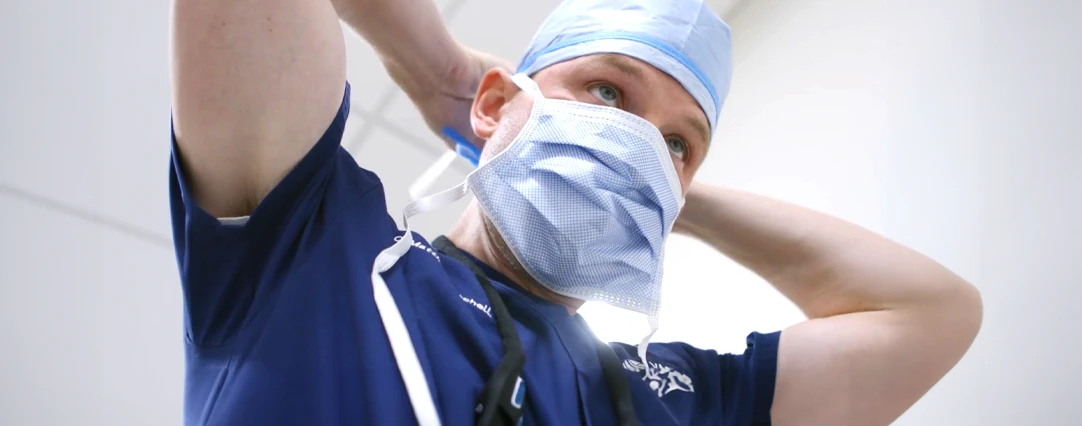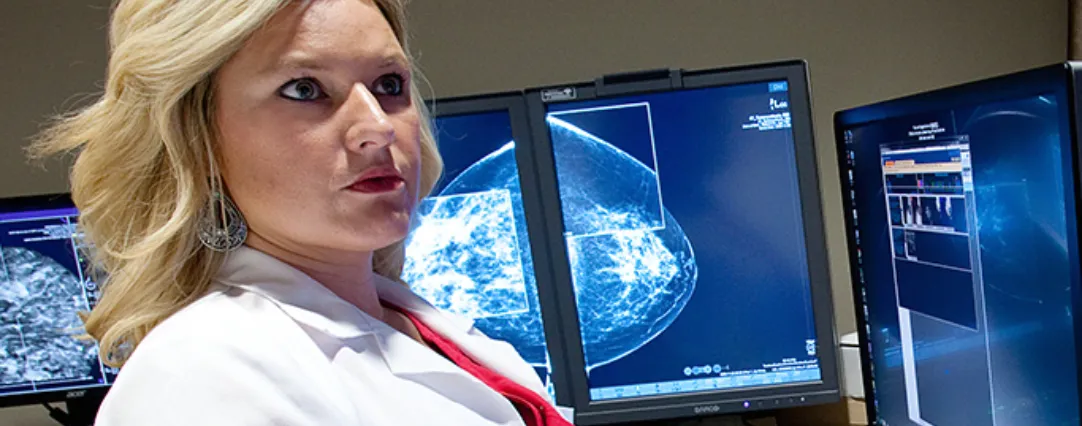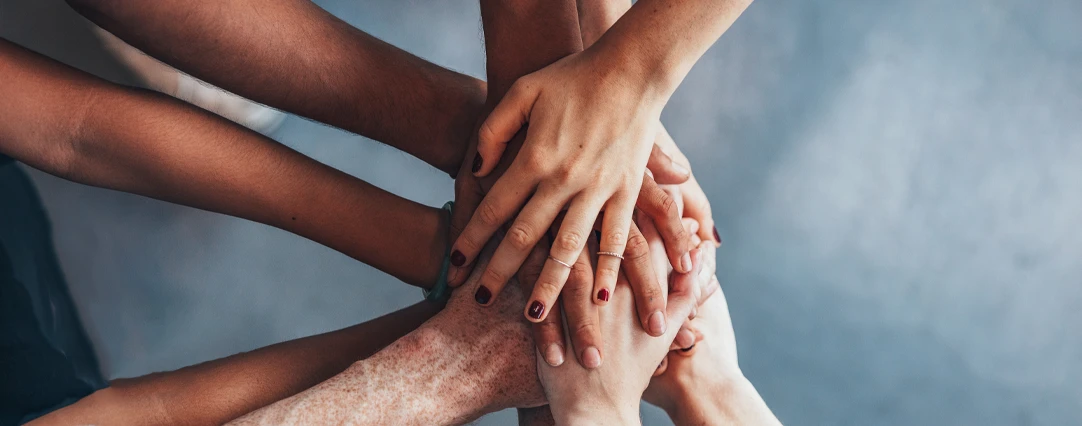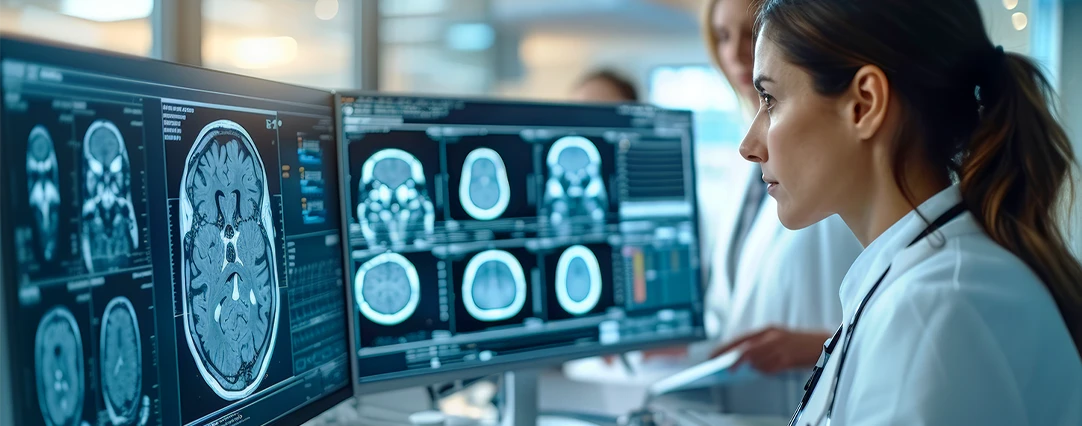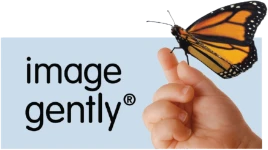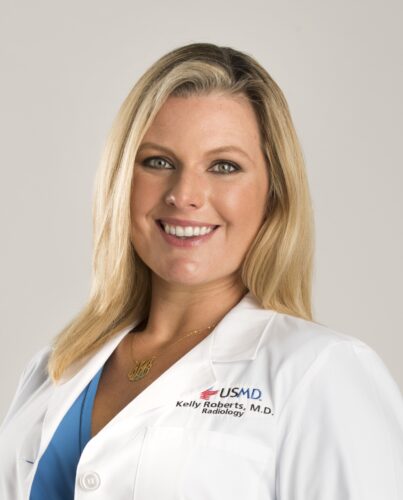 Kelly Roberts, M.D., (Click here to view profile) has vivid memories of walking to her father’s family clinic after school each day. Just a block from her elementary school in Shreveport, Louisiana, the second-grader and her two sisters spent their afternoons there “helping” Dad—visiting with his staff and patients.
Kelly Roberts, M.D., (Click here to view profile) has vivid memories of walking to her father’s family clinic after school each day. Just a block from her elementary school in Shreveport, Louisiana, the second-grader and her two sisters spent their afternoons there “helping” Dad—visiting with his staff and patients.“I’d see my dad working on his charts,” Dr. Roberts says. “Sometimes, if the patient said it was okay, I’d get to watch and I just really enjoyed being part of it. My mom’s a nurse too, so I knew at a really early age that I was interested in being involved in healthcare. I remember spending a lot of time with the lab technicians, watching them draw blood, and talking to the patients. I really liked the x-ray technologist. She was so nice and really funny, I loved spending time with her.”
In fourth grade, Dr. Roberts broke her ankle playing soccer. “I remember the technologist taking the x-ray, and looking at it and thinking how cool it was that you could actually take a picture of someone’s bone.”
While she may not have known exactly what a radiologist was at the time, the experience definitely made an impression and sparked her desire to pursue medicine. Although Dr. Roberts first imagined being a veterinarian, anatomy lab changed her mind. “I had to dissect all these creepy-crawly creatures, so I decided I wanted to pursue human medicine instead,” she admits. “I’m still a huge animal lover—I just prefer them as pets, and have a 12-year-old Tennessee walking horse named Denali, and a five-year-old rescue mutt named after designer Tory Burch.”
In medical school at Louisiana State University, Dr. Roberts rotated through obstetrics and gynecology, pediatrics, internal medicine, surgery and psychiatry looking for the right fit.
“In my senior year I did a rotation in radiology and met Dr. Maureen Heldmann,” she says. “She was just so passionate and knowledgeable about every aspect of her job—anatomy, pathology, and imaging. I was so impressed that she could look at a CT scan and tell the ordering physician what was going without having met the patient. She became my mentor and a major driving force in my decision to specialize in radiology. Before, I always envisioned a doctor’s job to be like my dad’s—you have a clinic, you see patients face-to-face, and you deal with their problems in person. Dr. Heldmann made me realize how vital radiologists are to the care of patients everywhere.”
Radiology requires a wide breadth of knowledge and technical expertise that Dr. Roberts finds fascinating.
“You have to know anatomy, abnormal anatomy, pathology, radiation physics, and work with computers on a daily basis. When we are looking at a radiology scan, we have to consider all the possibilities regarding what might be going on with the patient. A good radiologist will interpret the scan and reach a meaningful conclusion for the ordering doctor.”
But it wasn’t until she was a fellow at prestigious Memorial Sloan Kettering in New York City that her own health scare put Dr. Roberts on the path to breast radiology.
“During my training, I was diagnosed with cancer and went through chemotherapy and surgery,” she says. “I remember how scared I was when I first got my diagnosis, but I learned so much from the doctors who treated me. I appreciated the way they explained everything to me and made me feel like I was going to be cared for. It made me realize that I had an opportunity to work with other patients going through a similar circumstance.”
Dr. Roberts doesn’t share her story with every patient.
“It’s always hard telling a patient their biopsy is positive for cancer,” she says, “but when it’s appropriate I share what I went through. I can tell they feel relieved that they’re talking to somebody who’s faced the same situation and is now doing fine. I let them know I had chemotherapy, and they ask, ‘Did your hair fall out?’ I answer, ‘Yeah, I went completely bald, but look at my hair now, it’s past my shoulders.’ Then they say, ‘You look so great. Your hair is so pretty.’ And I tell them, ‘It’s going to be the same thing for you.’”
Dr. Roberts’ positive encouragement is backed by state-of-the-art science and the caring team that are the heart of the USMD Breast Health Center.
“I’m really proud to be part of this imaging center. In my opinion, we have the best technology in the area and our staff is incredible,” she says.
Women are in good hands with manager Elizabeth Lewis and technologists Kathi Edgington and Autumn Francis. Together, the trio have nearly 50 years of combined experience with mammography. “I don’t think the center would be as robust as it is without all their hard work. I’m really grateful for them and love working with them every day.”
Dr. Roberts also has high praise for her colleagues—breast cancer surgeon Dr. Kory Jones and medical oncologist Dr. Revathi Angitapalli. “I think we make a really good team,” she adds.
Open since August of 2015, USMD Breast Health Center is on the leading edge of breast imaging—tailoring exams to patients, including an MRI diagnostic scan developed by Dr. Roberts that takes about 25 minutes rather than 45 minutes or an hour required at other imaging centers.
“It’s been very successful. Patients do much better with a shorter exam, and I get all the information I need,” she says.
That information allows Dr. Roberts to empower women.
More than 90 percent of the time I get to give patients good news,” she adds. “Their mammogram is normal, their biopsy came back benign—to me that’s the best part of my job because immediately I can see their anxiety fade.”
Sometimes the news isn’t as good as everyone hopes.
“In the past year, I’ve probably had between five and 10 young women younger than 40 who have come in because they had a lump in their breast and it turned out to be a breast cancer,” she says. “I tell them I know what you’re feeling right now. It’s unexpected and overwhelming, but you’re in the right place because I work with Dr. Jones and Dr. Angitapalli, and they are exceptional.”
Of course, early detection offers the best chance for a good outcome—that’s why Dr. Roberts doesn’t want women to ever hesitate to have their breasts checked.
“A lot of women come in and they’re almost apologetic,” Dr. Roberts says. “They come in and say, ‘I felt a lump, but I’m sure it’s nothing. I’m sorry to waste your time.’ I hate that. I want every woman who reads this to know that they shouldn’t ever feel reluctant or hesitate to come see us. It doesn’t matter how insignificant they think their symptoms might be. That’s why we’re here. The majority of the time we’re able to tell them they’re fine that day and then they don’t have to worry about it anymore.”
A few months ago, a woman flew in from Nigeria with her husband and young children just to see Dr. Roberts.
“Her doctor said she had a lump in her breast and needed a biopsy,” Dr. Roberts explains. “Her husband told me that they had researched all the breast centers in the U.S. on the Internet and were very impressed with USMD’s state-of-the-art technology and with my background at Memorial Sloan-Kettering and the University of Illinois in Chicago. We did a breast exam and imaging, and found that she did have a mass, so I did a biopsy that day. I could tell by the way it looked that it was going to be benign, so I told her. She was so relieved and started crying. The family caught a flight back to Nigeria that night, and sure enough her biopsy results came back normal. I was honored that they chose USMD and that the outcome was good.”
If you have questions or concerns about breast cancer, the caring team at USMD Breast Health Center is here to help. Call us at 1.888.444.USMD.
*http://www.usmdbreasthealth.com/blog/dr-roberts-knows-how-women-diagnosed-cancer-feel—really
Posted: November 4, 2016
